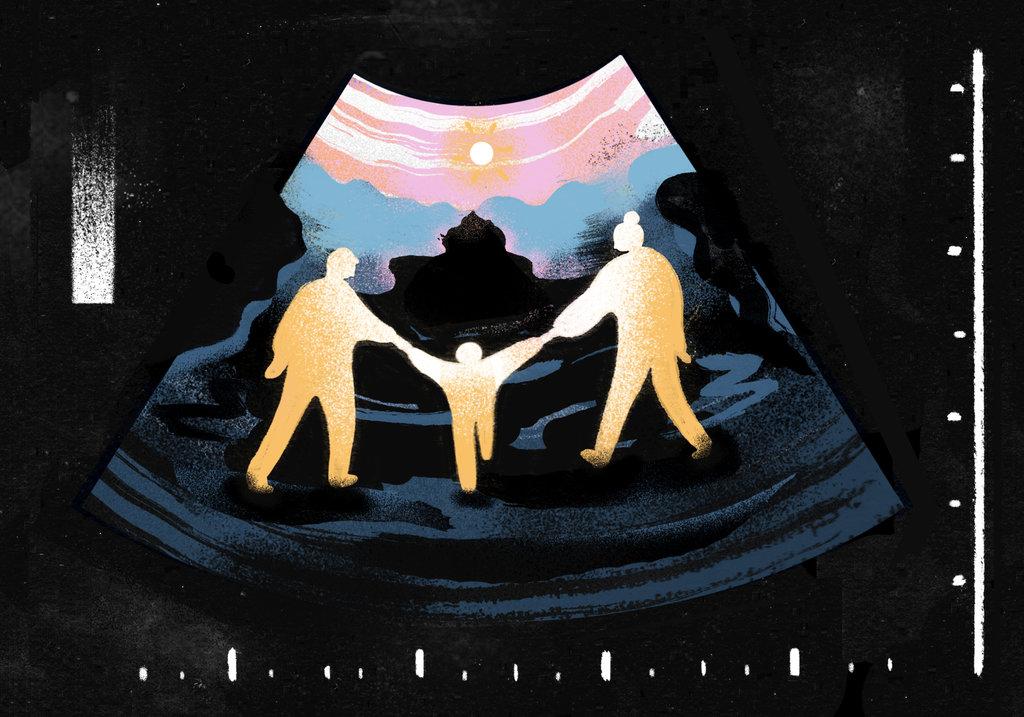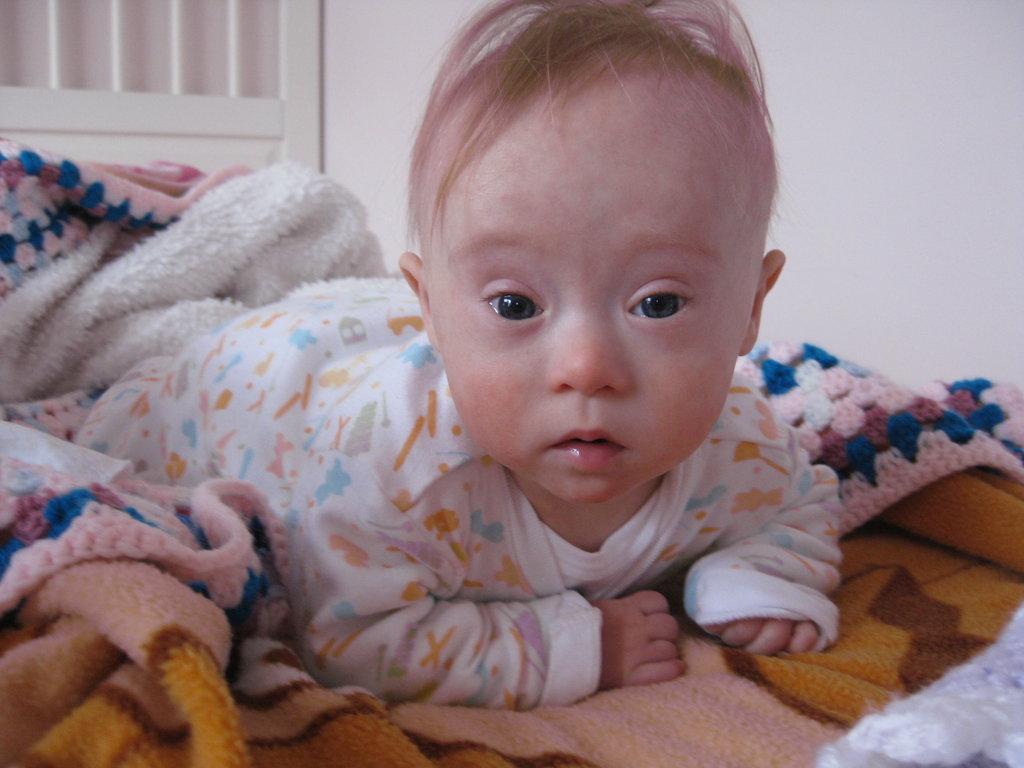Written by: New York Times Op-Ed Contributor Dr. Chris Kaposy, who is a bioethicist
My wife’s ultrasound turned up something abnormal in the baby’s heart — an otherwise innocuous feature that correlates with genetic conditions such as Down syndrome. A series of tests confirmed that our son indeed had Down syndrome. We were given the option of abortion, but my wife, Jan, already regarded him as our baby, and a few months later Aaron was born.

The first days after the diagnosis were hard. We thought about our son’s future, and our future. We went through a period of grieving. But we soon came to accept that Aaron would have Down syndrome, and to accept him as a member of our family. By the time Aaron was born, it was a joyous occasion. Today, almost nine years later, Aaron is an affectionate boy with blond hair and a crooked smile. He is passionate about hockey (we’re Canadian after all) and about animals. If he could grow up to be anything, he would probably be a veterinarian.
Many parents make a different choice. In the United States, an estimated 67 percent of fetuses with prenatally diagnosed Down syndrome are aborted. In Canada, the rate could be even higher, though there aren’t any reliable studies on it. This has become a front in the American abortion-rights debate, and bills have been passed in North Dakota, Ohio, Indiana and Louisiana (and introduced in Utah) that make it illegal for a doctor to perform an abortion because of a positive prenatal test for Down syndrome.
My wife and I are pro-choice and oppose placing limits like these on abortion. Nonetheless, I wish more people would include children with Down syndrome in their families. For this to happen, we don’t need new laws; we just need more people to choose to have such children.
I understand the emotional turmoil that a prenatal diagnosis can bring. But after parenting Aaron through difficulties and joys and seeing the curiosity and delight he brings to our lives, I wonder why more people do not choose to bring children like him into the world.
People with cognitive disabilities are, of course, commonly subject to ridicule, even by political leaders. I don’t mean just President Trump — President Barack Obama once made an offensive joke about the Special Olympics (he apologized). People with Down syndrome have tried to counter bias against them by speaking out about how they contribute to their communities. But acceptance in our communities seems scarcely possible without acceptance into our families.

Having a baby with Down syndrome may seem too demanding to some prospective parents. It may seem that those of us who choose to have children with Down syndrome are either irresponsible or saintly. From my experience, however, such parents tend to be utterly normal and levelheaded people.
Parents of children with Down syndrome have written extensively about their lives and have contributed to many research studies, as have people with Down syndrome themselves. These sources tell us that the lives of people with Down syndrome tend to go well. Their families are as stable and as functional as those that include only children who aren’t disabled.
So why is there such reluctance to have children with Down syndrome? One explanation shows up repeatedly when parents recount the early days after receiving their child’s diagnosis. They feel a sense of loss because they no longer dream that their child will get married, go to college or start a family of their own one day — in other words, that they will not meet the conventional expectations for the perfect middle-class life. In fact, some people with Down syndrome do accomplish those things. Nonetheless, hopes and dreams of perfection might be a strong motive for parents to choose abortion.